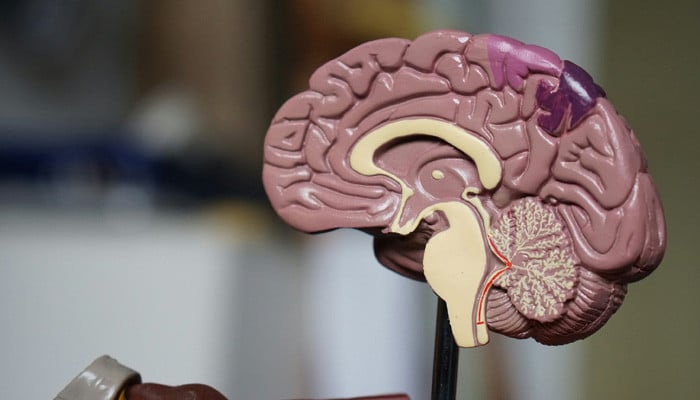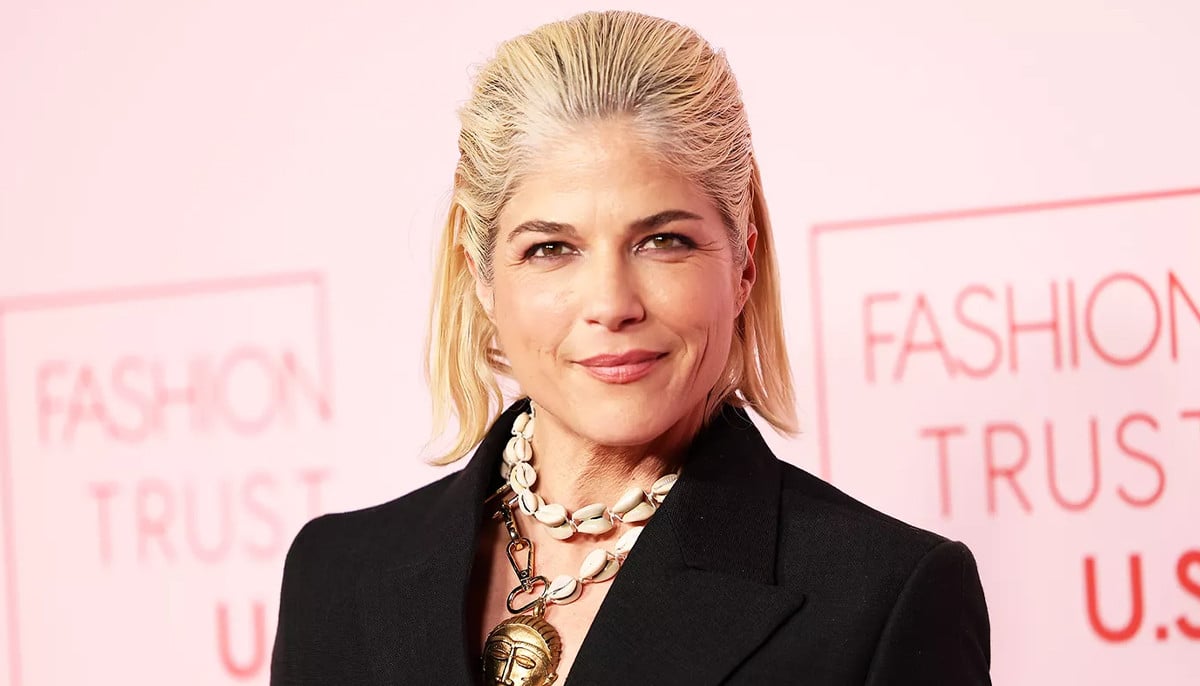By the age of 40 your brain starts to make small mistakes, mistakes occasionally errors. You don’t realize it, but maybe you forget what is on your shopping list, or you walk into a room and forget what you have come.
We usually limit memory and brain power issues to health problems such as Alzheimer’s, much rarer to have, but usually it is not.
Usually our processing speeds and memory both start to decrease with age, says Matt Huentelman, a professor at the Translational Genomics Research Institute in Phoenix.
Huentelman ran Mindcrowd, a free online cognitive test that was taken by more than 700,000 adults, aimed at the differences between the brain power of each individual, NPR reported.
About a thousand people in a recent study had brain test results that suggested that their cognitive position was exceptional and performed as someone 30 years younger. While genetics played a role, researchers such as Matt Huentelman study lifestyle factors that can help retain the health of the brain.
He says that these exceptional individuals can teach us how to maintain memory and mental agility with age.
First findings indicate habits such as good sleep, regular exercise and not smoking as important contributors. During a brain aging conference in Miami, organized by the McNight Brain Research Foundation, experts emphasized the importance of quality sleep.
Dr. Christian Agudelo explained that high -quality sleep supports brain function. Waking up daily at the same time and staying social and physically active, can help improve sleep by increasing “sleeping pressure”, making it easier to fall into deep, restorative rest.
Aging of the brain is also formed by vascular health. Dr. Charles Decarli emphasized how factors such as high blood pressure and diabetes can age the brain, even in the absence of strokes or heart attacks. His research shows that managing these disorders can lead to a healthier, younger -looking brain, which enhances the connection between body and brain health.
“The size of the brain, the form of the brain, the tissue integrity of the brain looks older in people who have these risk factors than people they don’t have,” he says.
Decarli, in addition to researchers, studies the possibility of protecting the brain by focusing on disorders that influence blood circulation.
“The question is, if you have these diseases and they are well checked, you will have a younger -looking brain? And the answer seems to be yes,” he says.






